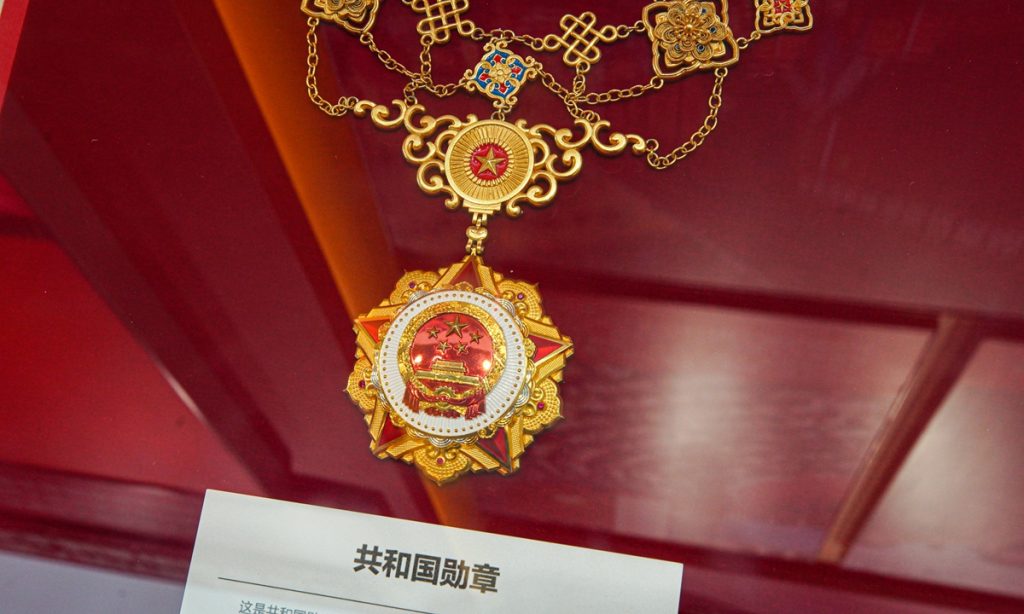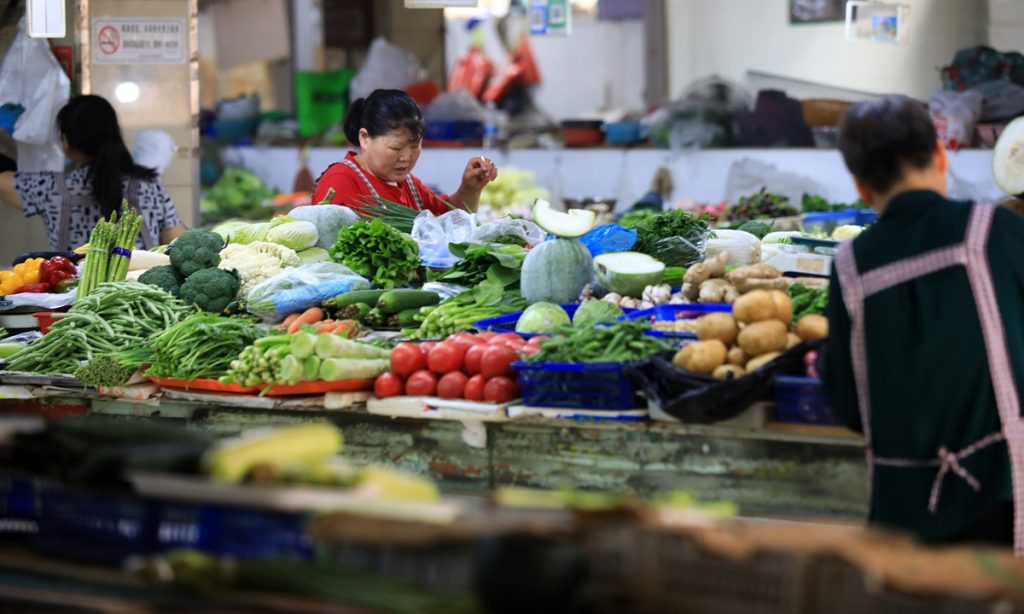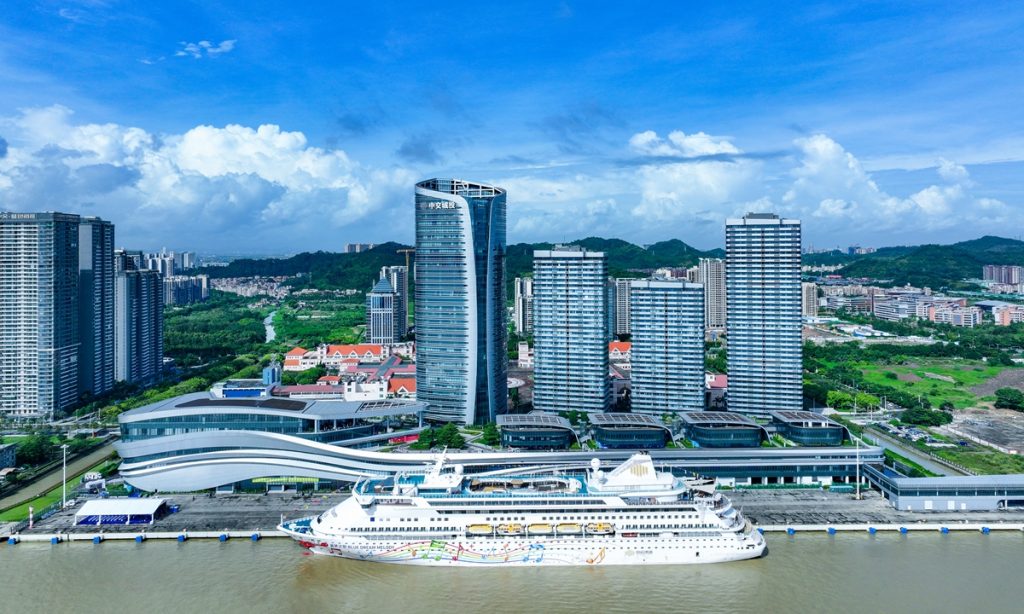China to award top honors for contributions to national development

China will award the Medals of the Republic and national honorary titles to distinguished individuals in recognition of their exceptional contributions to the establishment and progress of the People's Republic of China on its 75th anniversary.
A list of recommendations has been unveiled, including four nominees for the Medals of the Republic and 10 for national honorary titles.
The nominees for the Medals of the Republic are the late missile and rocket expert Wang Yongzhi, a pioneer of China's manned space program, renowned medical scientist Wang Zhenyi, wheat breeding and agricultural strategy expert Li Zhensheng and veteran war hero Huang Zongde.
The proposed list for national honorary titles includes the late renowned radar expert Wang Xiaomo, prominent jurist Zhang Jinfan, and the late distinguished strategic scientist and geophysicist Huang Danian, among others.
Among the 14 nominees, many are from the field of science.
Wang Yongzhi was one of the pioneers of China's manned space engineering, overseeing the development of various types of missiles in China and rocket research. He participated in the formulation of China's manned space development blueprint, making outstanding contributions to national defense modernization and manned spaceflight.
Wang Zhenyi is a renowned medical scientist and medical educator who successfully transformed malignant cells into benign cells with a new clinical treatment strategy for leukemia, establishing the clinical foundation of induced differentiation theory. He established the "Shanghai Plan" for treating "acute promyelocytic leukemia," and made significant contributions to medical practice and theoretical innovation.
Li Zhensheng is a pioneer in China's distant hybridization breeding of wheat and an expert in agricultural development strategies, playing an important role in promoting increased grain production in China and ensuring national food security.
Wang Xiaomo is a renowned radar expert in China and a pioneer and founder of the modern early warning aircraft industry. He led the development of China's first three-coordinate radar and other world-class advanced radars, as well as China's first generation of airborne early warning systems.
Zhao Zhongxian is a major advocate, promoter and practitioner of high-temperature superconductivity research in China, leading his team in research, making outstanding contributions to the rooting and advancement of high-temperature superconductivity research in China.
Among the highest state honors are also a previous border guard from Tajik ethnicity in the Taxkorgan Tajik Autonomous County Tiznapu Township, Northwest China's Xinjiang Uygur Autonomous Region. For three generations spanning 70 years, Baiyika and his family have guarded the border on the Pamir Plateau.
Since starting as a guide for border guards with his father in 1972, Baiyika has patrolled more than 700 times, covering over 30,000 kilometers, helping border guards keep the area safe, earning him the title of "living map" in the eyes of the troops. His son, Laqini, continued the border guard duty. Tragically he lost his life while bravely trying to rescue children who had fallen into an ice cave.
Zhang Xielin, former deputy director of the table tennis and badminton management center of the General Administration of Sport, was also nominated. He is a renowned table tennis player and coach in China. He represented the Chinese team and won the men's team championship at the 27th World Table Tennis Championships, as well as the men's doubles and mixed doubles world titles for China for the first time.
Under his guidance, the Chinese women's table tennis team has won the women's team championship at the World Table Tennis Championships 10 times, producing numerous world champions and making outstanding contributions to sport in China.
The Medal of the Republic is awarded to outstanding individuals who have made significant contributions to the cause of the Party, the country and the people, establishing remarkable achievements, possessing noble moral qualities and being widely recognized by the masses.
Among them are scientist Tu Youyou for her discovery of artemisinin, "father of China's hydrogen bomb" Yu Min, China's first-generation nuclear submarine chief designer Huang Xuhua, and the "father of hybrid rice" Yuan Longping.
National honorary titles are awarded to outstanding individuals who have made significant contributions in various fields and industries, enjoying high reputation, possessing noble moral qualities and being widely recognized by the masses.
The outstanding contributions made by these individuals highlight the remarkable achievements of the Party and the country in various aspects since the founding of the People's Republic of China, particularly since the 18th National Congress of the Communist Party of China, observers noted.





